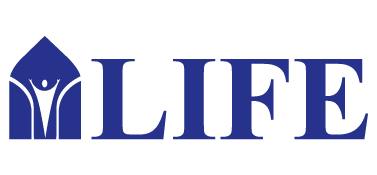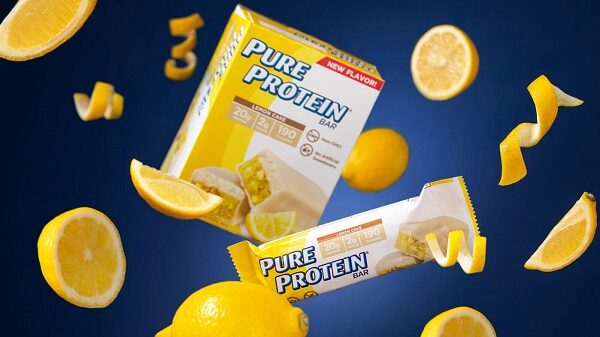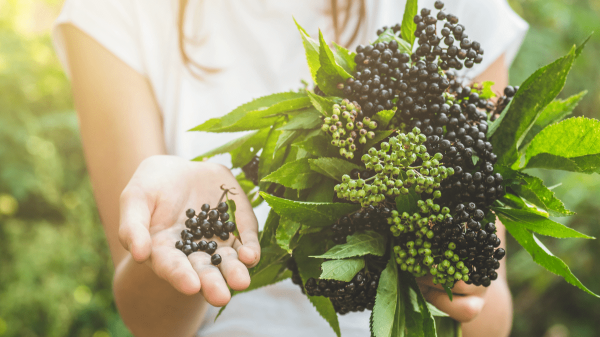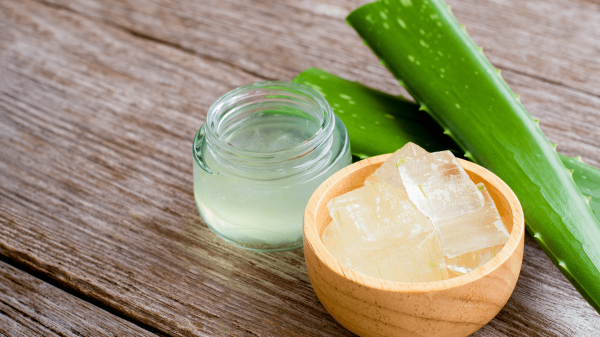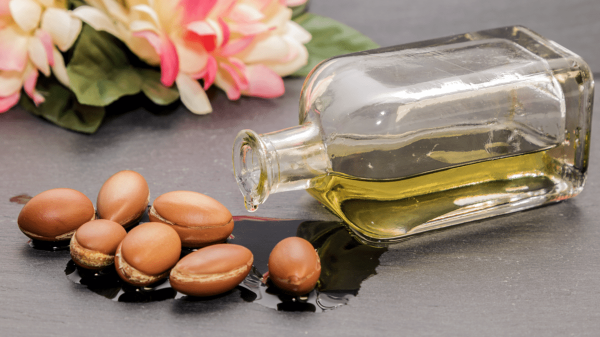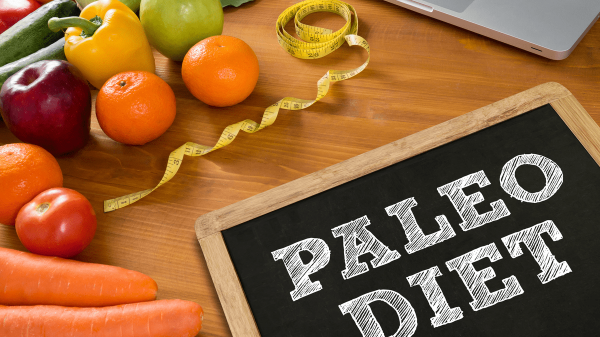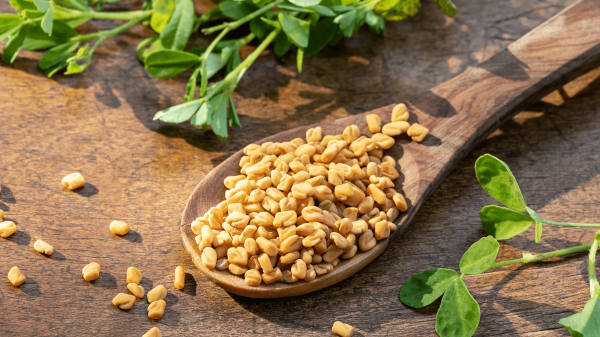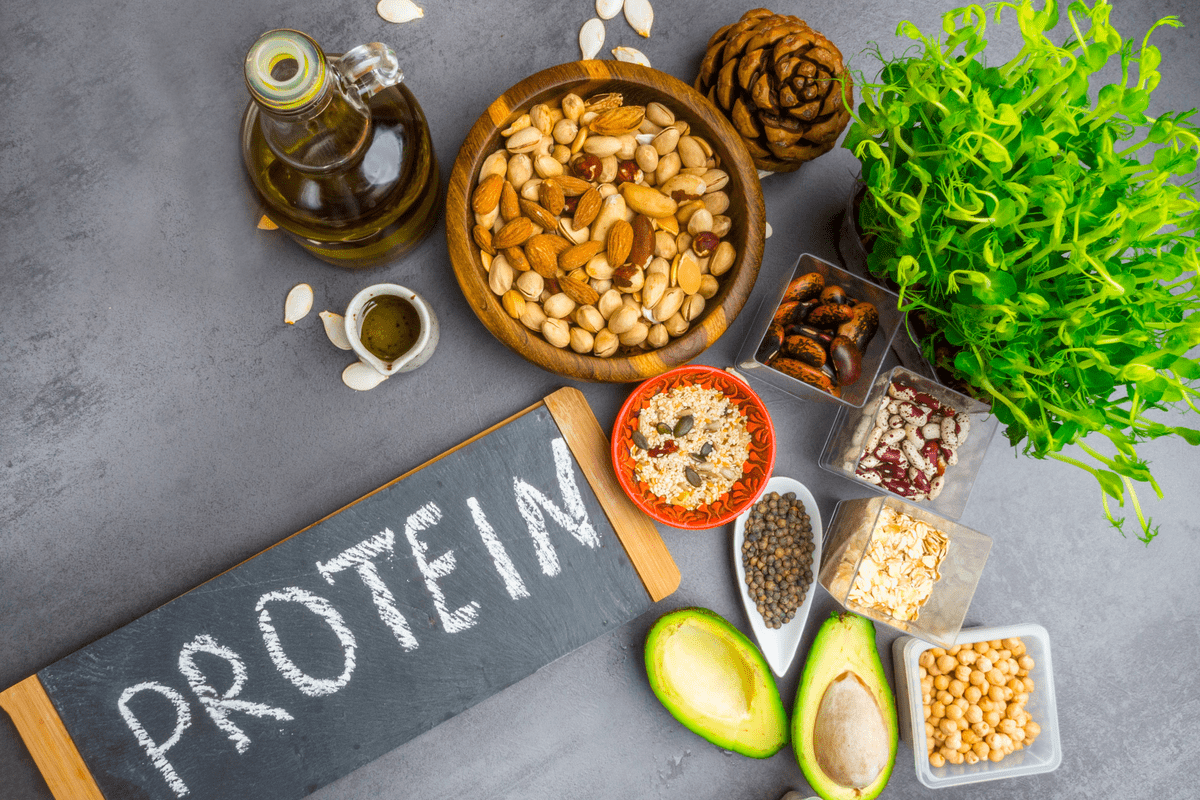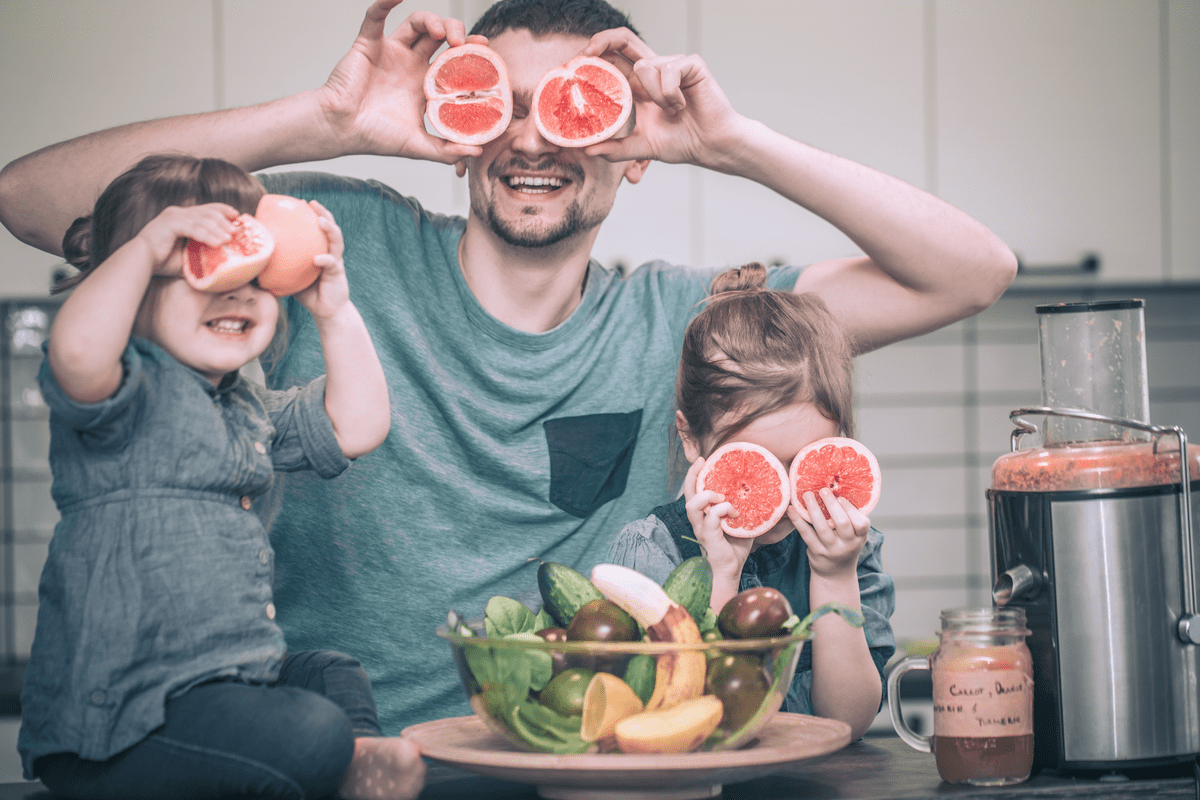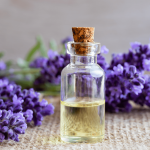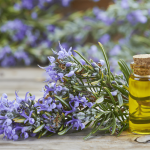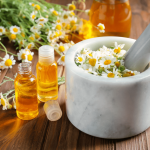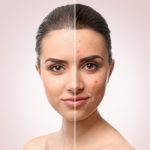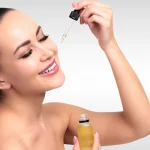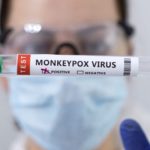Human blood is abundant in red blood cells. Every day, about a million of these are produced. They are made in the bone marrow and transported around the body for 120 days.
They then reach the liver, where they are destructed, and their metabolites are then reused. It is healthy for you such as it keeps the number of RBCs up; otherwise, anemia can cause multiple health issues for you.
Low hemoglobin levels in body can cause many health problems such as;
- Fatigue
- Frequent headaches
- Strange or recurring bruising
- Pale skin and gums
- Weakness of muscles
- Irregular or rapid heartbeat
The healthy nutrients to form hemoglobin and red blood cells are;
1. Increasing iron intake
It is healthy for a person low in levels of hemoglobin to consume more food rich in iron. More red blood cells are produced when the hemoglobin level is enhanced due to the presence of iron.
There are many foods that are rich in iron such as:
- Green beans
- Peanut butter
- Broccoli
- Eggs
- Soy items like tofu and edamame
- Meat and Fish
- Dried fruits like dates and figs
- Seeds and nuts
- Leafy green vegetables like spinach and kale

2. Increasing folate intake
Hemoglobin production is enhanced by the presence of an essential vitamin B known as Folate. The body synthesizes heme, which is a part important in making hemoglobin used to transport oxygen by using the folate.
Conditions like low hemoglobin levels and folate-deficiency anemia can occur in individuals who do not have sufficient folate levels, resulting in immature red blood cells.
There are many foods that are rich in folate such as:
- Rice
- Lettuce
- Peanuts
- Spinach
- Kidney beans
- Avocadoes
- Black-eyed peas
- Beef
Supplements for folate are also present for online buying.
3. Maximizing iron absorption
Absorbing of iron is crucial for the body, which should be enhanced by the body itself besides just taking iron-rich food or supplements.
The absorption of iron is improved by taking food abundant in vitamin C, such as citrus fruits (orange etc.), green leafy vegetables, and strawberries. Consuming supplements of vitamin C is also beneficial.
Help is also provided by vitamin A and beta-carotene in absorbing and using an iron.
There are many foods that are rich in Vitamin A such as:
- Sweet potatoes
- Kale and collards
- Fish
- Squash
- Liver
Red, yellow, and orange vegetables and fruits contain good amounts of beta-carotene such as:
- Mangoes
- Cantaloupes
- Carrots
- Squash
- Sweet potatoes
Even though vitamin A supplements are essential for the body in maintaining iron, but still too much of it can be harmful. Large amounts of vitamin A causes condition like hypervitaminosis A. These to lead to symptoms like headaches, bone and joint pain, and more pressure inside the brain.
4. Vitamin B-12 and Copper
There are many foods that are rich in Vitamin B-12 such as:
- Eggs
- Fish
- Dairy products like milk and cheese
- Red meat like beef
Taking Copper is not responsible for developing your RBCs, but they do assist in taking up iron so they can be reproduced more. Food rich in copper include:
- Nuts
- Berries
- Poultry
- Cherry
- Liver
- Beans
- Shellfish

5. Taking iron supplements
Iron supplements are recommended by a doctor if you have low levels of hemoglobin. The amount of dosage required is based on a person’s hemoglobin levels.
However, large amounts of iron can be harmful. Large amounts can cause hemochromatosis, which is further transformed into liver disease and show side effects like nausea, vomiting, and constipation.
A steady increase in iron levels is seen when supplements are taken for a couple of weeks. The body’s iron reserves are replenished when a doctor recommends supplements to be used for some months.
Feroglobin capsules
It is one of the best supplements which increase the intake of Rbcs and hemoglobin.
